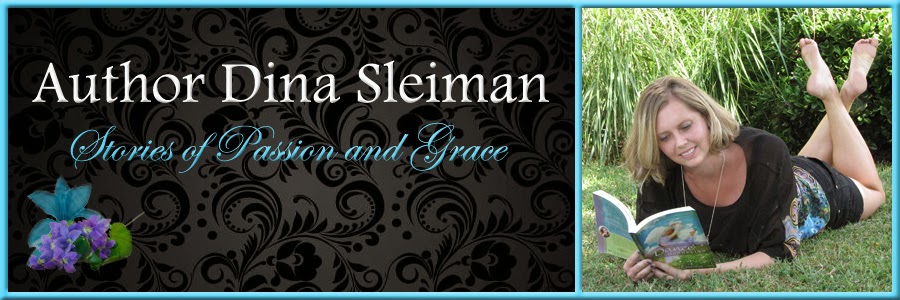Blessed are they that mourn for they shall be comforted.
Recently, some bad news I’d received a few weeks ago finally hit me, and I spent about two hours crying. (Which I hate doing because I’m loud and pathetic and not very pretty when I cry.) Now this book is not necessarily “dead” yet. I’m working on a revision which might make a difference. And even if it doesn’t, the novel might work for later in my career. Nonetheless, my initial high hopes for the original version have been laid to rest.
For writers, our novels are like children. We love and cherish each one. And it can be devastating to see one perish on any level. So why did it take me weeks to give into my crying fit? I think I was working through the five stages of grief (not to be mistaken with the seven stages that didn’t seem to quite fit my way of dealing with things.)
The five stages of grief were initially formulated for people dealing with terminal illness, but over time have been expanded to apply to any form of catastrophic loss. And they certainly applied to my experience with this book.
When I first informed the Inkies about this bad news I was in denial. “It’s no big deal. I’ll get it fixed. I just need to take out some of the grittier historical aspects. I don’t mind that at all.”
Then I went through a period of anger, which I won’t go into great detail about because it does not necessarily speak well of me, although it’s a normal stage. Suffice to say, at least I had the wisdom only to vent to a very few friends, and only one at a time.
And I think my anger stage kind of overlapped with my bargaining stage because all along I kept working on that new version which I hoped would work out. I changed everything I possibly could without having the entire plot fall apart. Anything to keep from having to go back to the drawing board and start over with a new idea.
Now I tend to get stuck in the anger or the bargaining stage. Or in a loop between the two. I’ll just stay mad because mad feels safe. I’m in control. And I’ll keep fighting and bargaining until I somehow make it work. Since, after all, this is a novel we’re talking about, not a terminal illness. And I tend to do this in life in general.
Funny thing is, my fiery red-headed heroine of said novel, Constance Cavendish, likes to hold onto her anger as well. We have a lot in common in that area. But she learned a lesson or two about it in the book.
Last year I learned an important lesson too. Blessed are they that mourn, for they shall be comforted. When you’re angry, no one’s going to comfort you. Not even God seems able to break through and do that. You have to let yourself experience stage four. You have to mourn before you can truly start to heal and get better. You have to mourn before people will rally around you and encourage you. The fourth stage is actually called depression, and while we can’t let ourselves get mired there for too long, we have to let ourselves feel it. A time to mourn and a time to dance. One of my favorite scriptures, although you know I prefer the boogie on down aspect.
The final stage is acceptance. In my case acceptance says, this novel may or may not work out. It may work out later rather than sooner. And if so, I need to figure out a way to be okay with that. And if so, I need to come up with another idea and keep trying.
I realize in the greater scheme of things having a book rejected is not a major life crisis. But it sure feels that way. And sometimes we as writers need to grieve in order to move on.
How do you deal with grief, writing or otherwise? Any tips for getting through it?


